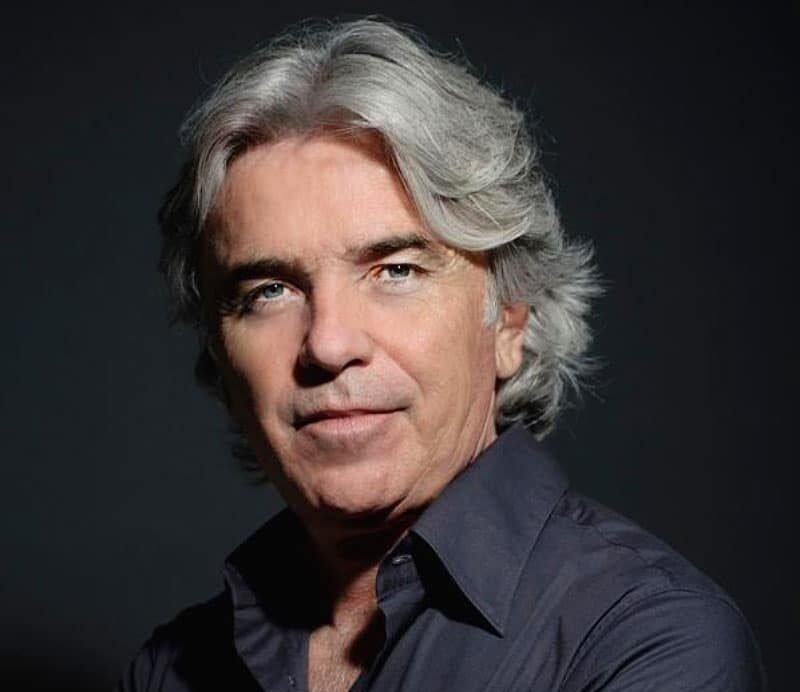The situation of Taranto Calcio, grappling with difficulties related to the solvency of foreign buyers, raises broader questions about foreign investment in Italian soccer. A phenomenon that, while particularly visible in Serie A teams, also extends to realities such as Serie C, where Taranto represents an emblematic case. A context that could have significant repercussions on the entire national football scene. To analyze these mechanisms and their economic and managerial implications, we interviewed one of the leading experts on the dynamics of Italian and international soccer: the editor-in-chief of Corriere dello Sport Ivan Zazzaroni.
Director, the situation of Taranto Calcio seems to open a question related to the financial readiness of foreign buyers. How is this scenario evolving?
“This is nothing new. Already in the past we have had some rather distinguished precedents of buyers who turned out to be not solvent. In fact, there would also be a rule that should act as a filter and discriminate against access by buyers who are not very solid, but unfortunately this rule is almost never applied. So, we see situations like Taranto’s emerging, which is certainly not an exception.”
Why do so many foreign clubs choose to invest in Italian soccer, even in lower categories such as Serie C, as in the case of Taranto?
“Honestly, on the C Series, I couldn’t give a definitive answer. I don’t even understand the point of it. Perhaps, Taranto is chosen for its potential. It is an important square, with its own history and a strong desire for redemption. The city has always been somewhat disappointed with the previous owners and the team’s lackluster seasons. In my opinion, there may be hope to revive a club like Taranto with smaller investments, but with the possibility of making gains through possible future resale, once the club is put in a better condition. Others, however, venture into these operations hoping to reap the maximum with minimal resources. But, if we talk about Serie C, there is a substantial difference with Serie A, where the situation is quite different.”
Massimo Giove (a sinistra) con Mark Capbell (a destra) nella foto di rito che annunciava la firma del preliminare d’acquisto | via tarantofootballclub.it
Turning to Serie A, what is your assessment of foreign properties that have invested in Italy, especially American ones?
“Americans in Italy are numerous: there are Italian Americans, Canadians, pure Americans, and even investment funds like Elliott. The main problem, however, is that there is often a lack of knowledge of the history of Italian soccer, and especially a lack of passion. When the approach is too business-oriented, the language of our soccer, which is a particular industry, is missed. It is not a business like any other; it has dynamics that require specific expertise. What is missing in many cases is precisely this knowledge of the industry, which can lead to inconsistencies and difficulties in managing teams.”
Can you give us some concrete examples?
“The case of Italian Americans like Commisso and Saputo is interesting. After a difficult start, both have managed to bring positive results with their teams. The situation of the American ownership of Milan is more complex, as it relies on a loan from the Elliott Fund. Then there are the Friedkins at Roma: after initial success, they now seem to want to pave the way for new investment, so much so that they are buying Everton. Every situation is different, and while I am more in favor of Italian properties, it has to be said that these often no longer have the resources to compete, and so we turn to money, which often comes from abroad.”
Is there a management model that you think could work better in Italy? Take, for example, Atalanta, which was sold to a U.S. fund but retained the control of the Percassi family. Is this the example to follow?
“Yes, that could be a virtuous solution. The Percassi family has retained a minority stake, but continues to manage the club effectively, with an in-depth knowledge of soccer and the dynamics of our league. Antonio Percassi was a footballer, and Luca has entered the world of football management very well. They also have an international dimension, which makes them more competitive. Another model that works is that of Inter where, despite changing foreign ownership, first Zang and now Oaktree, the management has always remained Italian, with people like Marotta and Ausilio who know the reality of Italian soccer inside out. I believe that management entrusted to competent Italian managers who have great knowledge of our league and our soccer, combined with the availability of international capital, can be the right formula for the future.”
The article Italian soccer and dependence on foreign capital: Ivan Zazzaroni takes stock of the situation with IlNewyorkese comes from IlNewyorkese.

